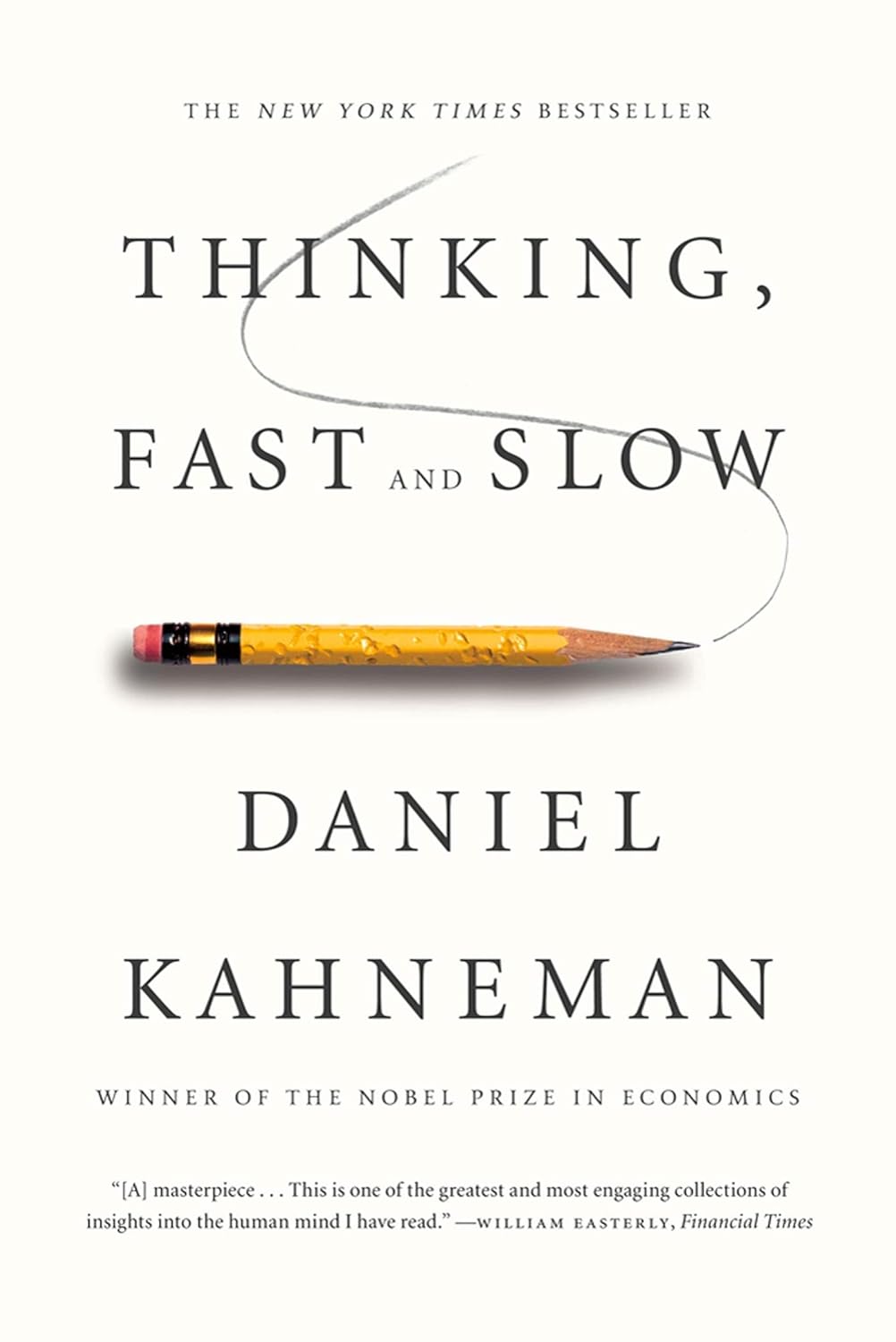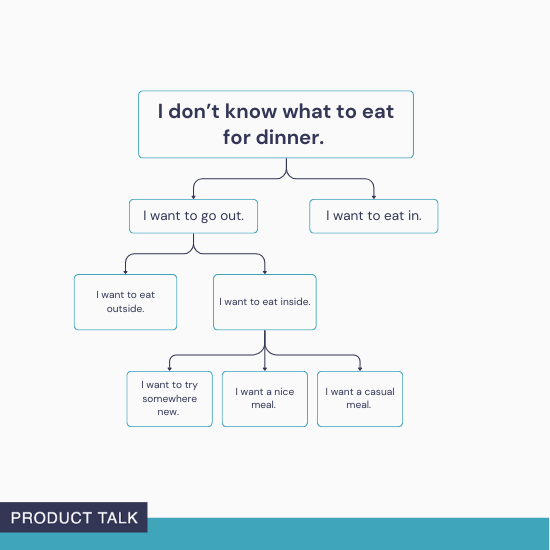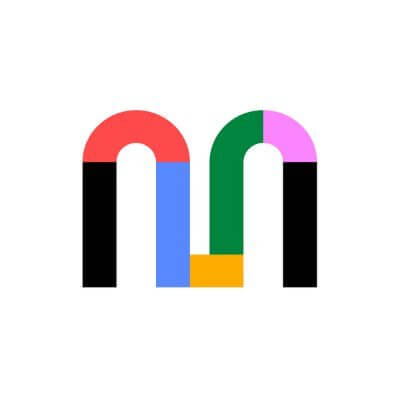What should I do if my coworker is using AI unethically?
Welcome to Pressing Questions, Fast Company’s workplace advice column. Every week, deputy editor Kathleen Davis, host of The New Way We Work podcast, will answer your biggest and most pressing workplace questions. Q: What should I do if my coworker is using AI unethically?A: This is a question that feels new but is actually just an evolution of a classic workplace issue. You can slot any number of issues in the place of “AI” and the problem is essentially the same: What’s the best way to handle misconduct at work?The answer for all situations, including this one, comes down to a few factors:1. Do you know (or just suspect) your coworker is doing something they shouldn’t?2. Does the misconduct violate company policy or is it something you just don’t agree with? 3. How severe is the misconduct? And is it a pattern or a one-off?4. What is your relationship with the coworker? Let’s take this scenario through those checkpoints. Are they actually doing something wrong? The use of AI at work can be a contentious topic. Your first step should be to check your company’s AI policy and make sure that the way you suspect your colleague to be using AI is actually in violation of the policy.Typically companies have varying degrees of comfort around using AI for workflow and administrative tasks, including email, scheduling, and note-taking. If your company is okay with AI use for these purposes, there might also be a clause that the use of AI tools needs to be disclosed (for example: letting meeting participants know that you are using an AI notetaker).Companies should also have guidance on using AI to complete the work itself (like in written reports or presentations, creating images, etc.). Again, at the very least, the policy should ask that employees credit and acknowledge work that was created by or with the help of AI.If your company doesn’t have an AI policy or it’s too vague, your first stop should be with company leadership to suggest the need for clearer guidelines. While your coworker should have basic ethics and know better than to submit work that’s false or fabricated or pass off AI work as their own, they can’t be blamed for violating a policy that doesn’t exist. How severe is it? Assuming the AI use is in violation of company policy, there are a couple of approaches depending on how severe it is and your relationship with your coworker. Using AI to help write email responses is a lot different than passing off work that you didn’t create or outsourcing quotes and data to AI without fact-checking. If it’s a workflow process that you don’t agree with but that comes down to a personal preference, you can either bring it up directly with your coworker or go to their manager. As long as you feel comfortable and have a good relationship, going directly to the person should be your first step. Assume good intentions. Say something like “I noticed you are using AI notetakers for our weekly staff meeting. I think that’s against our AI policy because of privacy concerns. You might want to check with John about it and see if we can have an intern take notes instead.”If you suspect someone is passing off AI work as their own, or submitting work with AI-produced errors, it’s more of a delicate situation. If you aren’t the person’s boss, it’s not for you to litigate, but before you make a potentially career-damaging accusation, do a little fact-checking. If you have proof that the work is in violation of company policy, take it to their manager, express your concerns, and let them take it from there. If you are in a leadership position and you are sure that an employee’s work is unethical or contains false information, confront the employee with proof. The degree of the deception should dictate whether the employee can be trusted again after a warning or if it’s a fireable offense. More on AI at work: Nearly half of workers using AI at work admit to doing so inappropriately How to learn to work with your new AI coworker Bots, agents, and digital workers: AI is changing the very definition of work

Welcome to Pressing Questions, Fast Company’s workplace advice column. Every week, deputy editor Kathleen Davis, host of The New Way We Work podcast, will answer your biggest and most pressing workplace questions.
Q: What should I do if my coworker is using AI unethically?
A: This is a question that feels new but is actually just an evolution of a classic workplace issue. You can slot any number of issues in the place of “AI” and the problem is essentially the same: What’s the best way to handle misconduct at work?
The answer for all situations, including this one, comes down to a few factors:
1. Do you know (or just suspect) your coworker is doing something they shouldn’t?
2. Does the misconduct violate company policy or is it something you just don’t agree with?
3. How severe is the misconduct? And is it a pattern or a one-off?
4. What is your relationship with the coworker?
Let’s take this scenario through those checkpoints.
Are they actually doing something wrong?
The use of AI at work can be a contentious topic. Your first step should be to check your company’s AI policy and make sure that the way you suspect your colleague to be using AI is actually in violation of the policy.
Typically companies have varying degrees of comfort around using AI for workflow and administrative tasks, including email, scheduling, and note-taking. If your company is okay with AI use for these purposes, there might also be a clause that the use of AI tools needs to be disclosed (for example: letting meeting participants know that you are using an AI notetaker).
Companies should also have guidance on using AI to complete the work itself (like in written reports or presentations, creating images, etc.). Again, at the very least, the policy should ask that employees credit and acknowledge work that was created by or with the help of AI.
If your company doesn’t have an AI policy or it’s too vague, your first stop should be with company leadership to suggest the need for clearer guidelines. While your coworker should have basic ethics and know better than to submit work that’s false or fabricated or pass off AI work as their own, they can’t be blamed for violating a policy that doesn’t exist.
How severe is it?
Assuming the AI use is in violation of company policy, there are a couple of approaches depending on how severe it is and your relationship with your coworker.
Using AI to help write email responses is a lot different than passing off work that you didn’t create or outsourcing quotes and data to AI without fact-checking. If it’s a workflow process that you don’t agree with but that comes down to a personal preference, you can either bring it up directly with your coworker or go to their manager.
As long as you feel comfortable and have a good relationship, going directly to the person should be your first step. Assume good intentions. Say something like “I noticed you are using AI notetakers for our weekly staff meeting. I think that’s against our AI policy because of privacy concerns. You might want to check with John about it and see if we can have an intern take notes instead.”
If you suspect someone is passing off AI work as their own, or submitting work with AI-produced errors, it’s more of a delicate situation. If you aren’t the person’s boss, it’s not for you to litigate, but before you make a potentially career-damaging accusation, do a little fact-checking.
If you have proof that the work is in violation of company policy, take it to their manager, express your concerns, and let them take it from there. If you are in a leadership position and you are sure that an employee’s work is unethical or contains false information, confront the employee with proof. The degree of the deception should dictate whether the employee can be trusted again after a warning or if it’s a fireable offense.
More on AI at work:
- Nearly half of workers using AI at work admit to doing so inappropriately
- How to learn to work with your new AI coworker
- Bots, agents, and digital workers: AI is changing the very definition of work














































































































![Building A Digital PR Strategy: 10 Essential Steps for Beginners [With Examples]](https://buzzsumo.com/wp-content/uploads/2023/09/Building-A-Digital-PR-Strategy-10-Essential-Steps-for-Beginners-With-Examples-bblog-masthead.jpg)


















































